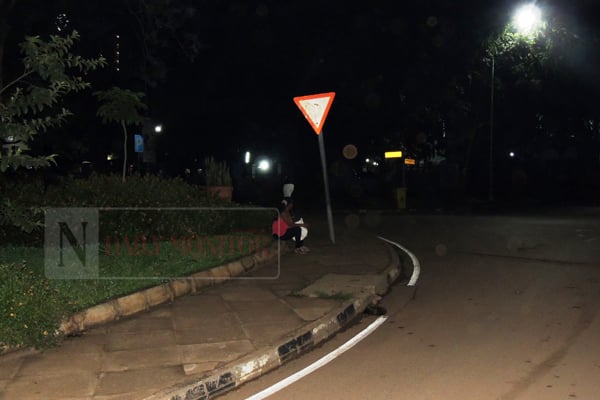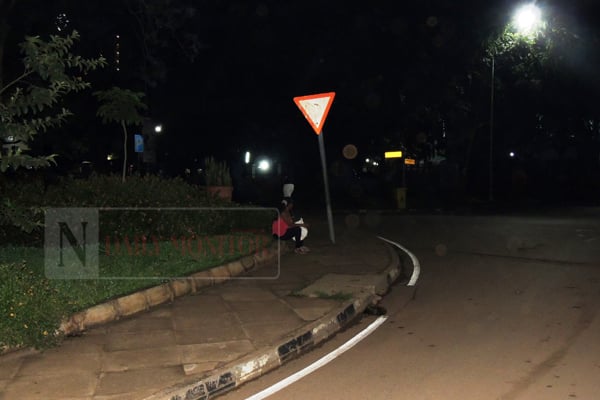Lockdown increasing prostitution - leaders

Sex workers wait for clients on a street in Kabalagala, Kampala recently.Covid-19 lockdown has forced several girls and women in Wakiso to engage in commercial sex work, district leaders have said. PHOTO/ FILE
What you need to know:
- Records at Kasanje Health Centre III indicate that of the 494 people, who tested for HIV/Aids in the last three months, only 98 were men.
Covid-19 lockdown has forced several girls and women in Wakiso to engage in commercial sex work, district leaders have said.
Speaking during a belated World Aids Day commemoration in Kasanje Town Council last Friday, the leaders decried the trend, saying it is fuelling the spread of HIV/Aids in the district.
The youth councillor for Kasanje Town Council, Mr Ashiraf Kabuye Kalule, said: “Covid-19 left several people jobless, some went to landing sites to work in bars, restaurants, shops or do petty businesses and make ends meet. Unfortunately, some of them turned to prostitution so as to make quick money.”
“Some of the people engaged in commercial sex work are young girls whose worry is getting pregnant but not contracting HIV/Aids,” he added.
Daily Monitor has learnt that commercial sex workers at landing sites are paid between Shs2,000 and Shs10,000 where as some are given fish.
The Wakiso District deputy Health Officer, Ms Betty Nabuganda, said the prevalence rate of HIV/Aids in Wakiso District stands at 6.1 percent, which is above the national prevalence rate of 5.9 percent .
She said the situation is worse in fishing communities where HIV/Aids prevalence now stands at 17.2 percent.
“This means that for every 100 people living in fishing communities, at least 18 of them have HIV/Aids,” she said.
Ms Nabuganda attributed the surge to irresponsible behaviour, little attention given to HIV/Aids issues following the outbreak of Covid-19, inadequate health facilities offering HIV/Aids-related services, the lockdown that limited access to HIV prevention services and the deliberate refusal to test for HIV/Aids, especially among men.
She revealed that the current 68 facilities offering HIV/Aids services in the district cannot effectively serve the three million people in Wakiso District.
The Wakiso District chairperson, Mr Matia Lwanga Bwanika, urged men to embrace HIV/Aids testing to know their status and avoid contracting or spreading the disease.
Mr Bwanika revealed that records in all health facilities in the district indicate that the number of men who test for HIV is much lower than that of their female counterparts.
Records at Kasanje Health Centre III for example indicate that of the 494 people, who tested for HIV/Aids in the last three months, only 98 were men.
Mr Bwanika also advised the populace to shun self-medication.
“Our hospitals may be sicker than you are, but try to use them. Some may have issues of drug stock-outs but befriend the health workers. They will guide you on what to do, so that you can treat the right health problem with the right medicine and dosage,” he said.




